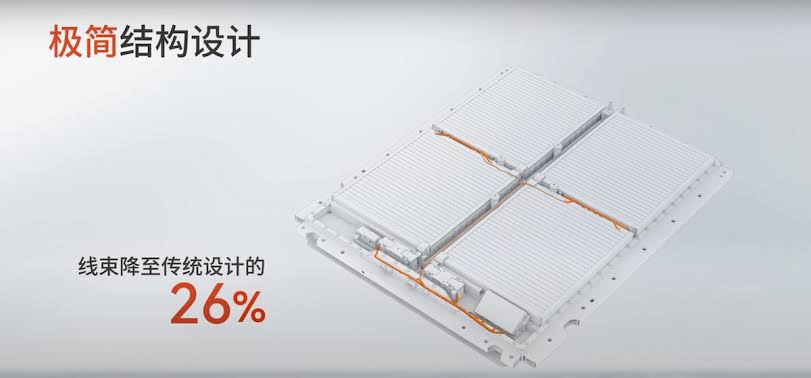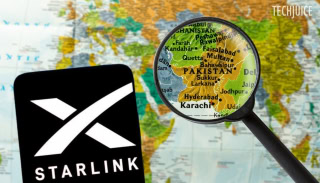Horizon High Tech, a Chinese manufacturer has announced a new high-tech battery that will go into mass production in 2024. According to the company, the new battery is created on high-tech and can deliver range Upto 1,000 Kms for a single charge and could last for two million km.
As per the company, “the manganese loped L600 LMFP Astroinno is capable enough to do 4,000 full cycles at room temperature, and at high temperature will get 1800 cycles and over 1500 cycles of 19-minute fast charging”.
The high-tech cycles show that the battery is so powerful that it can easily last for 2 million km before it starts to deteriorate. Considering the efficiency, the average Australian car travels around 15,000 km per year so it would take 130 years worth of average driving to reach the 2 million km mark.
According to Gotion high-tech, the battery single cell density is 240 Wh/kg, and advancements in lack design have raised the overall battery pack energy density to the point where a lack with a 1000 km range is feasible with the highly durable chemistry.
Dr. Cheng Qian, executive president of the international business unit of Gotion High-Tech said,” Astroinno L600 LMFP battery cell, which has passed all safety tests,has a weight energy density of 240Wh/kg, a volume energy density of 525Wh/L, a cycle life of 400 times at room temperature, and a cycle life of 1800 times at high temperature.”
Moreover, this week, Gotion High Tech released a new video explaining the new chemistry, pack design including the battery’s safety and thermal properties.
In addition, Dr Cheng also stated that,”the volumetric cell to pack ratio has reached 76% after adopting the L600 cell,and the system energy density has reached 190Wh/kg, surpassing the pack energy density of current mass-produced NCM (Nickel Cobalt Manganese) cells”.
However, “in recent years,lithium iron phosphate (LFP) technology has regained the recognition of the market with market share continuing to increase”.
Moreover, Dr Cheng also stated that,”meanwhile the energy density growth of mass-produced LFP batteries has encountered bottlenecks, and further improvement requires an upgrade of the chemical system. So manganese doped as called lithium iron Manganese phosphate (LMFP) was developed”.
Weight And Volume, New Packed Design Reduced Parts
The upgrade an innovation of the battery material system, twhre ware many issues associated with technical and innovations.
As per Gotion High Tech, Astroinno battery pack adopts the sandwich-structure double-sided liquid cooling technology and minimalist design approach. The design reduces the number of structural parts of the battery pack by 45% and lowers the weight of structural parts by nearly 32%.
Transport As A Service Is Possible By 2 Million Km Batteries
Batteries with such longevity open up new possibilities for ride sharing and “Transport as a service” (Taas), even though a battery pack lasting 2 million Km is far more than the average driver needs.
Tony Seba, a technology researcher said that “the convergence of on-demand transport services like Lyft and Uber with the autonomy and longevity of electric vehicles will open up incredible possibilities for the future of transport.”
Seba also said that,”the day that we get level four, autonomous technology ready and approved by regulators, when that converges with on-demand and electric transportation we will get what we call transportation as a service”.
Moroever, when such things happens,it drops the cost of per mile transportation anywhere from 10 to 20 times. In case if gasoline automakers gave away their cars, then it will cost alot.
Therefore, “for most people who can barely pay their bills,it won’t make any sense to own a car”
Moroever, Seba says, “he thinks that the convergence of EV longevity and autonomy will see the 70 million unit global automative market drop by 75% by 2030”.
Read more:
Qatari Man Wins Gold in Geneva For Creating the World’s First Smart Prayer Rug













